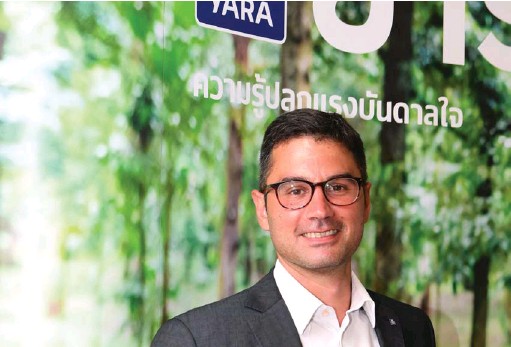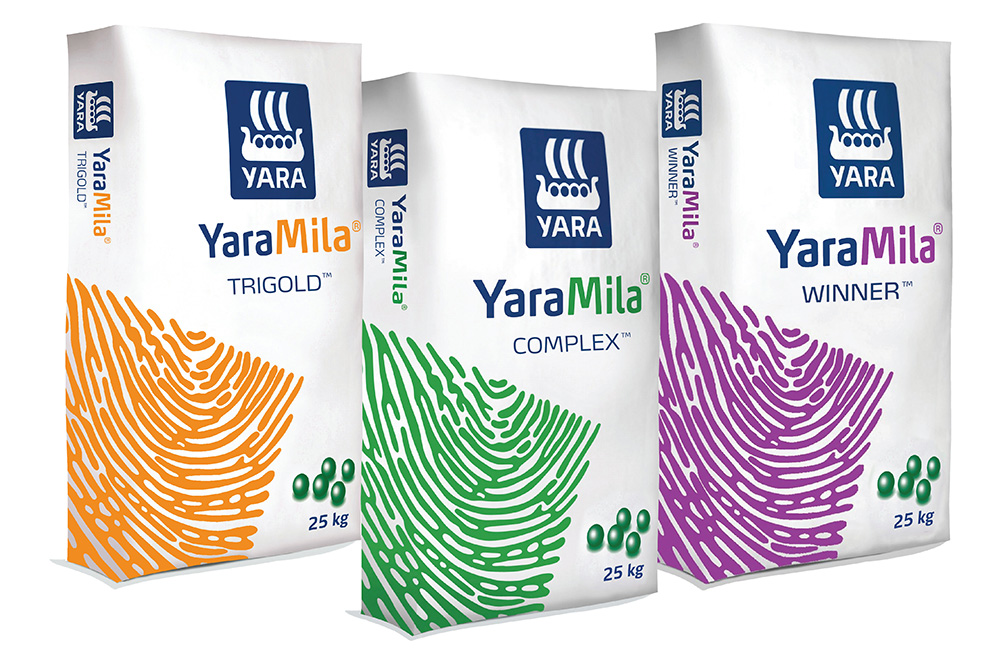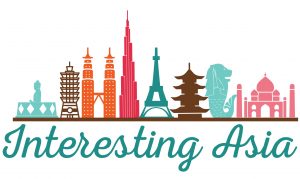
This article on Yara originally appeared in the Norway-Asia Business Review.
No foreign company operating in Thailand has the visibility Yara now boasts. That’s because the newly minted 100 baht note features a depiction of the visit of H.M. King Rama V to the official residence of the company’s CEO in 1907. Now immortalised on Thai currency, this event was the start of a long and fruitful relationship between Yara and Thailand.
“Not only did H.M. King Rama V visit Yara House in 1907, but he brought back our Calcium Nitrate fertilizer with him. We were the first mineral fertilizer used in Thailand and this product is still sold here as YaraLiva today,” Mehdi Saint-Andre, Yara (Thailand) Ltd. Managing Director and Vice President of the group’s Crop Nutrition Business, recalls. “A lot has changed since that visit. For example, we no longer use barrels to ship our fertilizers. One thing hasn’t changed and that is our commitment to helping Thai farmers.”
Yara has sold its products in Thailand for 45 years. It began by offering its fertilizers through a local distributor. In early 2010, the company took over distribution and has built its reputation even further. The firm now has 160 dealers and 3,000 sub-dealers in the Kingdom.
Despite Yara’s long history in Thailand, which has seen it become known as a high quality fertilizer, it faced some recent brand confusion. Other companies tried to duplicate its Viking ship logo, brand identity and Thai name.
As a result, Yara took legal action against those parties trying to capitalise on its brand with the case making its way to the Thai Supreme Court. The court recently ruled the competitors use of a Viking ship logo as well as the Thai words for Viking sailing ship, which the company is known as in the country, were a violation of Yara’s intellectual property rights.
Yara is currently undertaking a significant branding campaign to ensure it is known as the only Viking fertilizer in Thailand. The company has found other ways to help these efforts as well.
“We were recently recertified by Thailand’s Private Sector Collective Action Coalition Against Corruption and this is something that means a lot for us as a company,” Saint-Andre states. “Safety and compliance are extremely important to us and customers in Thailand recognise our commitment to these.”
Smart farmers
Another one of Yara’s efforts in Thailand is the alignment of its Yara Thailand 4.0 strategy with the government’s Thailand 4.0 push. This includes a significant investment in digital farming, one of the company’s main points of emphasis globally.
“Yara is bringing knowledge, tools and data together to drive and support farmer performance. I believe our local strategy based on farmer centricity, strong partnerships with SMEs and digital innovation will support Thai economic transformation while also creating more inspiration for the younger generation to invest in agriculture,” Saint-Andre says.
Saint-Andre admits the first image many people have of Thai farmers is of the poor rice farmer. However, the company wants to change that perception. When people think of Thai agriculture, Yara wants them to see smart and successful farmers.
“Smart farmers already exist here. You see them in places like Chantaburi where durian farmers have become very smart and are now enjoying a great deal of success,” Saint-Andre points out. “But it can’t stop there. We want to make all farmers in Thailand smarter. Digital farming makes this possible. By combining data, tools and services to help farmers be more productive, the image will change.”
Weather reports, soil and leaf analysis and crop information are just some of the data now readily available to farmers. Yara believes that having access to this helps farmers make informed decisions that allow them to enjoy greater success. The company also has a digital presence via YouTube along with several other social media outlets and a number of mobile apps. This digital outreach is something Yara plans to expand in the coming years.
“Here in Asia, we believe it is important to invest in this technology. Having access to this information is what will help farmers to grow more productively and sustainably in Thailand. There are already many smart farmers in Thailand. It is important to promote these growers and show the rest of the country how to copy their work,” Saint-Andre notes.
In order to understand the needs of farmers and educate them, it is important to speak with them directly. Yara is continually meeting with farmers throughout the country to keep dialogue open.
“We are always meeting with farmers to find out what they need. This dialogue and knowledge sharing is important to our goal. Last year, we had face-to-face meetings with 40,000 farmers in Thailand,” Saint-Andre says.
Yara will continue to scale up these efforts in order to create more networks and connections among the Thai farming community. The company hopes to eventually be in contact with millions of farmers, providing them with a platform to share knowledge and information.
“We don’t want to be entirely product focused. We need to be knowledge focused to have the greatest impact. We have to provide the knowledge along with our product,” Saint-Andre details. “The Thai market is familiar with our fertilizers, but we are much more than that. We actually don’t sell products. We recommend a crop program based on the needs of what is being grown.”
This allows the company to guarantee extra revenue for farmers. And while Yara’s program costs more than their competitors’ products, this extra revenue has also been accounted into the pricing.
Business outlook

Yara currently works with 20 Thai crops with rubber being its biggest market. The company has seen significant growth in the durian and leafy vegetable markets with longan and citrus among other key crops. Saint-Andre adds there are many opportunities here in Thailand for the company to explore.
Despite rice being one of Thailand’s main crops, Yara doesn’t work with the grain as its products are not designed for it. But the company does see room for maize in the Kingdom, a crop its fertilizers are well suited for and one that could replace rice on some Thai farms.
“Thailand currently imports maize so this is a crop we are monitoring. It could be scaled up in Thailand and this would be beneficial to the country in a few ways,” Saint-Andre says. “It would allow Thailand to be less dependent on maize imports which are susceptible to price fluctuations. Additionally, conditions needed to grow maize and rice are similar. If farmers start to switch from rice to maize, some of the rice oversupply may be eliminated.”
Thailand Prime Minister Prayut Chan-o-cha urged rice farmers to cut output earlier this year to prevent another round of oversupply that may cause prices to plummet. He noted there are no plans in place to rollout a rice-buying scheme similar to what past governments had done to support the market.
And it is not just the farmers in Thailand facing obstacles. Mr Saint-Andre admits 2018 has been challenging for Yara, but the company was still able to record growth. Since many elements, such as weather and crop economics, are out of the company’s control, it can be hard to predict the prospects for next year, but Saint-Andre is optimistic.
“We are growing, but that growth has been small this year. Our ambitions are bigger. If we grow five percent this year, we want to improve that to 20 percent next year. However, we don’t completely control this since there are many factors out of our control. There is no crystal ball when it comes to seeing our outlook,” Saint-Andre explains.

































